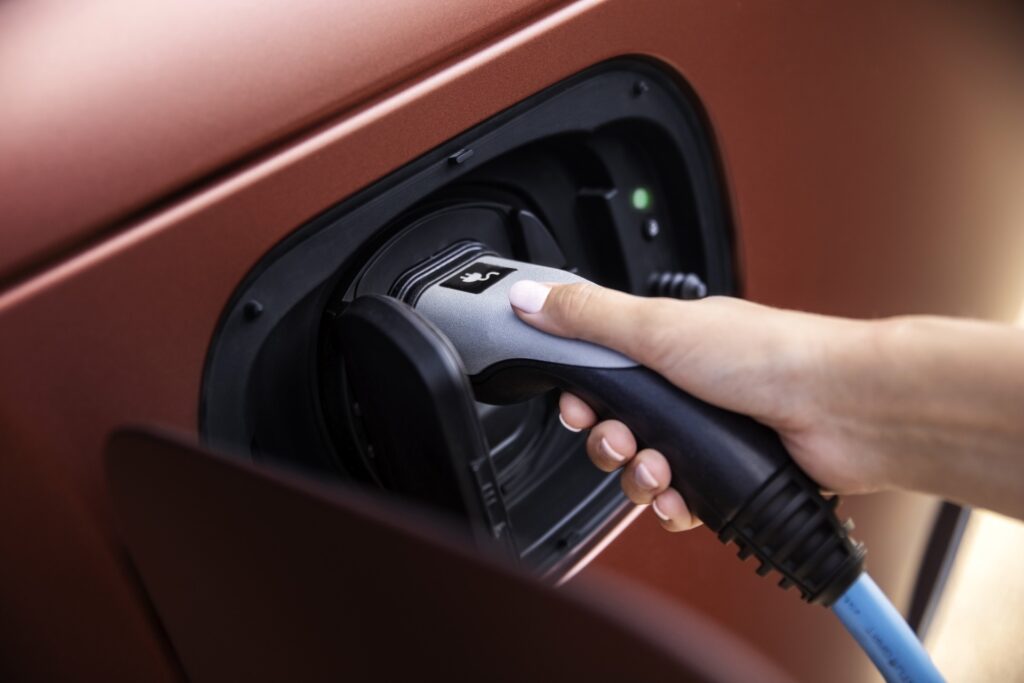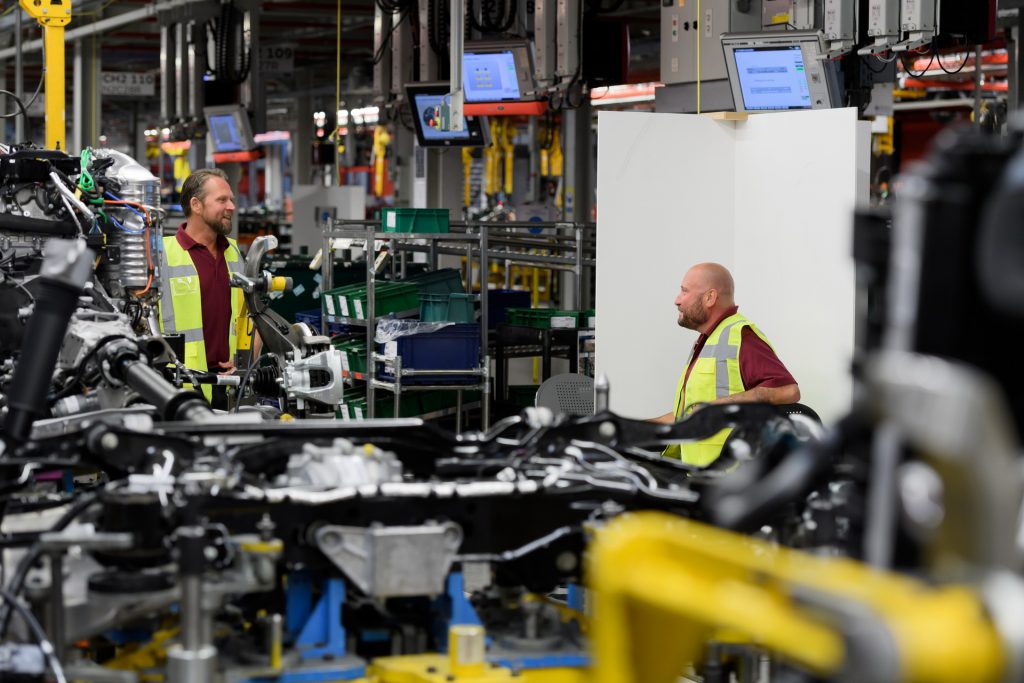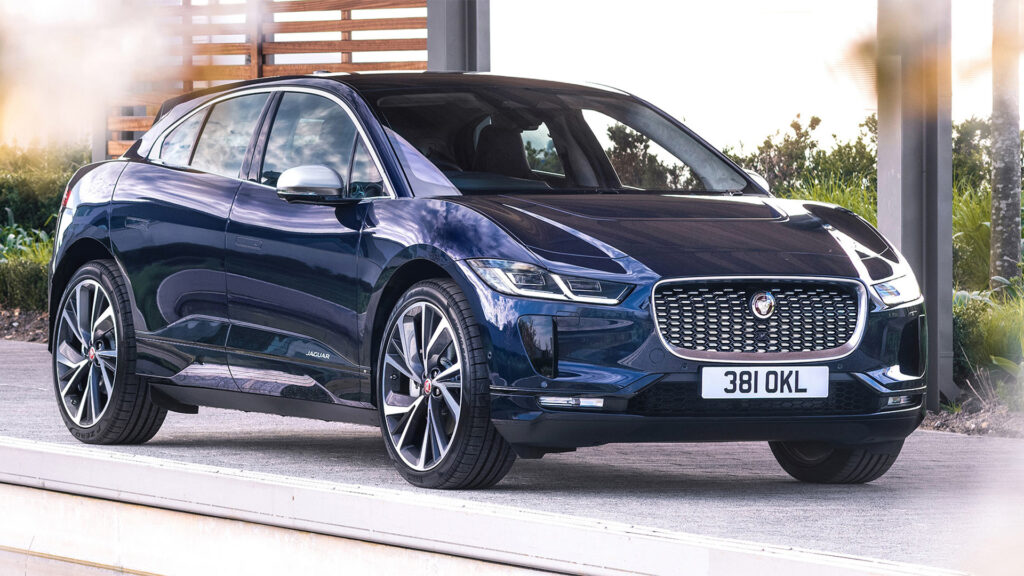Jaguar Land Rover is pushing forward with its transition to all-electric vehicles despite there being a possibility that the British government could delay its plans to ban the sale of new diesel and petrol-powered cars.
Former British prime minister Boris Johnson pushed for the 2030 ban during his leadership and said that hybrids would be banned from 2035. However, current prime minister Rishi Sunak has failed to publicly back the 2030 deadline, leading to suggestions that the ban could be delayed.
Nevertheless, Jaguar Land Rover chief executive Adrian Mardell recently told The Guardian that its “plans will stay the same”, indicating that its commitment to electric vehicles is unwavering. This statement came just a few days after JLR owner Tata announced that it would build a £4 billion ($5.15 billion) battery factory in the country.
Read: Tata To Build Large Battery Cell Factory For JLR EVs In Somerset, UK

A number of conservative MPs in the UK, as well as some in the automotive industry, have asked for the ban to be delayed in an effort to help British manufacturers and consumers. The UK’s housing secretary Michael Gove has said that as it stands, the government is “committed to maintaining our policy of ensuring that by 2030 there are no new petrol and diesel cars being sold.”
While Mardell believes that EVs using lithium-ion batteries will always be more expensive than diesel and petrol alternatives, he says engineers from Jaguar Land Rover will be deeply involved in the battery technology and development. It has been reported that Tata will work with Chinese supplier Envision to develop the batteries manufactured in the UK but this has not yet been confirmed.
Jaguar Land Rover is embarking on an ambitious electrification of its range that will see Jaguar building nothing but EVs from 2025 while the whole company wants to achieve zero carbon emissions by 2039.




